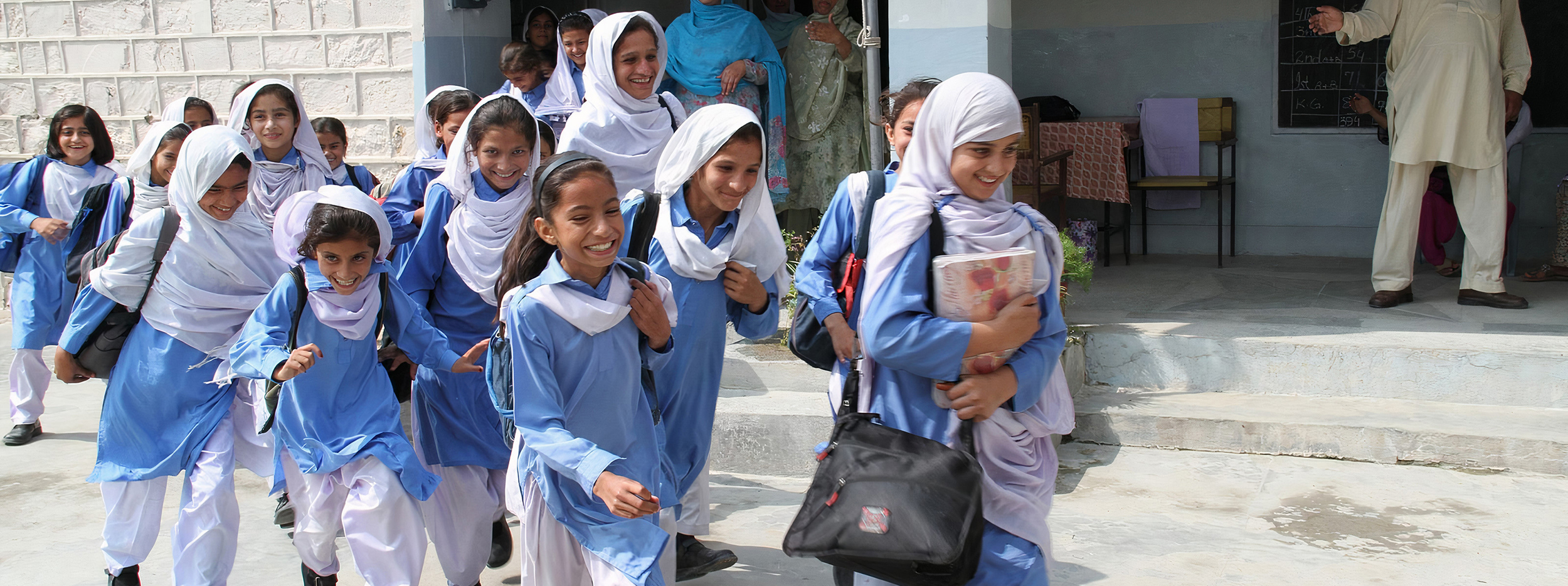
Civil and political rights
Fundamental freedoms include the basic rights and freedoms that belong to every person regardless of their class, economic status, religion, race, caste, creed, sect, sex or place of birth. As such, fundamental freedoms include freedom of movement; freedom of thought, conscience and religion; freedom of expression and opinion; freedom of assembly; and freedom of association. Ensuring these freedoms are met is necessary to enforce important principles such as dignity, fairness, respect and equality to all under the rule of law.
Freedom of movement pertains to every citizen’s right to move freely throughout their country, to reside and settle anywhere, as well as the right to enter and leave the country. This right is challenged when official restrictions to movement are imposed without due reason. An example of these restrictions includes setting up physical obstructions to social movement groups in order to prevent their movement or entry. Another example of this is banning the entry or exit of a person or persons in a specific region.
Freedom of thought, conscience and religion refers to every citizen’s right to practice their belief systems free from fear of discrimination or persecution. Hate speech, desecration of worship places or restrictions against specific religious groups all constitute an infringement of this right.
Freedom of expression is tied in with freedom of thought, speech and opinion. This right actively comes under threat when censorship from state or private actors takes place. For this reason, this right is also tied in with freedom of the press and other media of communication. That being said, it is important to note that freedom of speech goes hand in hand with responsibility of speech, so that one’s speech does not cause offense or incite hatred and violence against a marginalized group.
Finally, freedom of assembly and association refers to every citizen’s right to unionize and assemble to put forth their demands in the case of a rights infringement. If anybody is discriminated against due to their association with a particular group or social movement, or the group has restrictions imposed against them to prevent them from gathering together, then all these instances undermine this fundamental freedom.
Other fundamental freedoms include the right to equal treatment under the law, the right to petition the government, the right to a fair hearing, the right to private and family life, the right to asylum, the right to freedom from torture, the right to personal liberty, and the right to constitutional remedies. Guaranteeing all these civil rights is necessary to ensure the inviolable dignity of the person and their freedom to live without threat of violence or exploitation.

